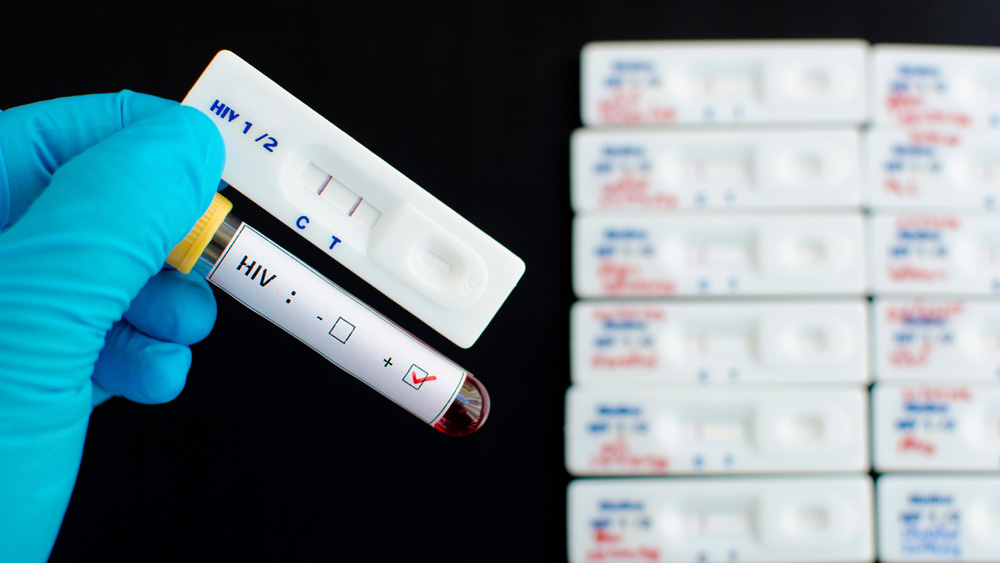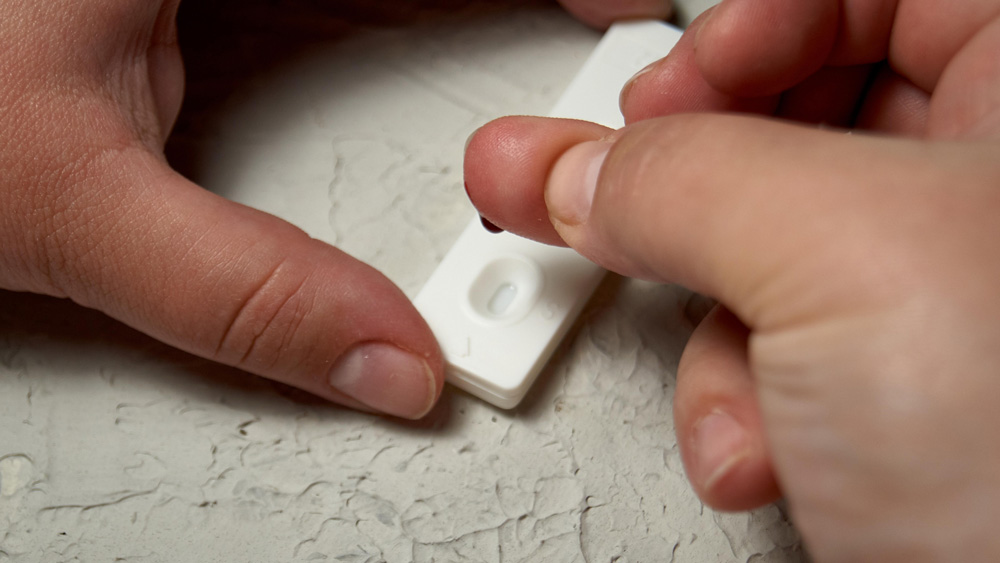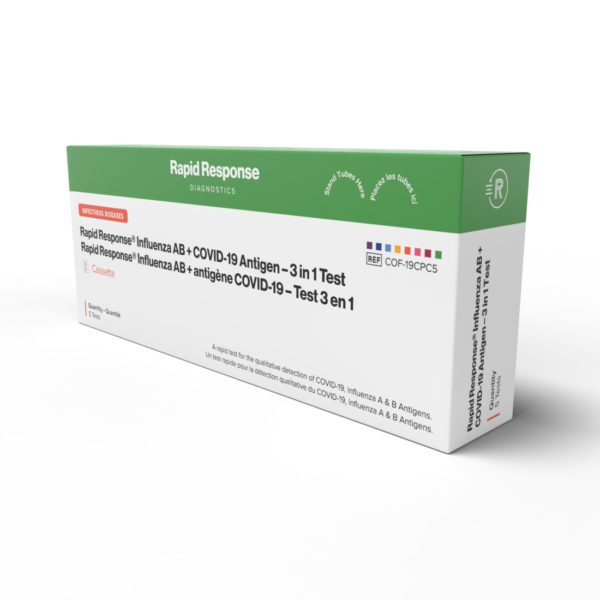Since its discovery in the 1980s, the human immunodeficiency virus (HIV) continues to be a significant public health issue worldwide.
Fortunately, medical technology made testing easier to the point that you can learn of your infection status in the comfort of your home.
Here is a breakdown of the reliability of rapid HIV tests so you know exactly what to expect when you take one.
How reliable are HIV Tests?
The accuracy of these tests is measured by their sensitivity, which is the ability to correctly identify those with HIV, and specificity, which is the ability to correctly identify those without HIV.
HIV tests are pretty reliable, especially the ones used by healthcare professionals. They work by detecting either HIV itself or the antibodies your body produces to fight the virus.
What is the window period?
If you’ve been exposed to HIV, there’s a period of time when the virus might not show up on an HIV test, even if it’s in your body.
This is called the “window period.”
During this window period, your body is still working on making enough antibodies to HIV for the test to detect. This process can take a few weeks to a few months, depending on the type of test you’re taking.
If you got tested right after a risky situation but it’s within this window period, the test might come back negative even if you actually have HIV. That’s why it’s essential to get tested again after a few weeks to make sure.
The window period is just a temporary phase, and once it’s over, the tests become more accurate at detecting HIV. Pinning the timing with the window period can help in assessing the rapid HIV test accuracy.
Types of HIV tests
There are different types of HIV tests, each varying in method and accuracy.
- Blood tests. These are the most common types of HIV tests. The healthcare professional will take a small sample of your blood, usually from a finger prick or a vein in your arm. The blood sample is then sent to a lab to be analysed for HIV antibodies or the virus itself.
- Oral fluid tests. These tests are done with a swab of your gums. They’re quick and easy, but they might not detect HIV as quickly as blood tests can.
- Urine tests. These tests are less common than blood or oral fluid tests, but they’re still an option in some cases.
- Rapid tests. These are kits you can buy at a pharmacy or online to test for HIV at home. To perform the test, you can take a sample using a finger prick or a swab of your gums. Known for their speed, you can get your results in just minutes. If you use a home testing kit, make sure it’s approved by the FDA and follow the instructions carefully.

Which HIV test is the most accurate?
Keep in mind that while no test is 100% accurate, some tests have higher accuracy rates than others.
Laboratory-based tests, such as the fourth-generation antigen/antibody test, are generally considered the most accurate. They can detect HIV infection 2 to 6 weeks after exposure, which is sooner than the other types of tests.
On the other hand, while rapid HIV tests are slightly less accurate, they still provide a high degree of reliability, particularly when used outside the window period.
Could you have a false-positive result?
In general, as with any other test, there’s a slim chance that your HIV rapid test will yield a false-positive result.
Having a false-positive result means the HIV test can show a positive result even if you don’t actually have HIV. This can happen for a few reasons:
- Lab error Sometimes, mistakes can happen during the testing process in the lab, leading to incorrect results.
- Cross-reactivity. Some medical conditions or medications can cause your body to produce antibodies that might react with the HIV test, even if you don’t have HIV.
- Recent infections or vaccinations. If you’ve had certain infections or vaccinations recently, they might cause your body to produce antibodies that could show up on an HIV test.
Getting a false-positive result can be scary, but it’s not that common. If you do get a positive result, your healthcare provider will recommend follow-up testing to confirm whether or not you actually have HIV.
Confirming your HIV test result
If your initial HIV test is positive, consult with your healthcare provider. They may recommend a follow-up test, which might be a different type of HIV test or a repeat of the same test to double-check. For instance, if a rapid test is positive, a follow-up laboratory test like the Western blot or an antigen/antibody test can confirm the result. This way, you can avoid the possibility of having a false-positive result.
Depending on your situation, your healthcare provider might also recommend additional tests to assess your overall health and determine the best course of action.
What to do if your HIV test result is negative
If your HIV test result is negative, consider the window period. If the test was taken during this period, there’s a chance of a false negative. In such cases, it’s advisable to retake the test after the window period has elapsed.
Meanwhile, continue practicing safe sex and other preventive options. When talking to your healthcare provider, discuss the possibility of pre-exposure prophylaxis (PrEP) or other prevention methods that might be right for you.
If Your HIV test result is positive
Receiving a positive HIV test result can be life-changing, but don’t let this test result define you.
First, confirm the result with additional testing. Once confirmed, immediate connection with healthcare services is crucial for starting antiretroviral therapy (ART), which can manage the infection effectively.
At the same time, reach out to someone you trust, like a friend, family member or counsellor. Talking about your feelings can help you process the news and get the support you need. Consider joining a support group for people living with HIV. Connecting with others who understand what you’re going through can help you cope with the situation.
Also, continue to take care of your overall health by eating well, exercising regularly, getting enough sleep and managing stress. Taking care of yourself is an important part of living well with HIV.
Key takeaway
The accuracy of HIV tests, particularly rapid tests, is generally high. However, some factors can influence this accuracy, like the window period and test type.
If your test results come back positive, seek confirmatory testing and immediate medical guidance.
If your result is negative, especially during the window period, retesting and continued precautions are advisable.























































